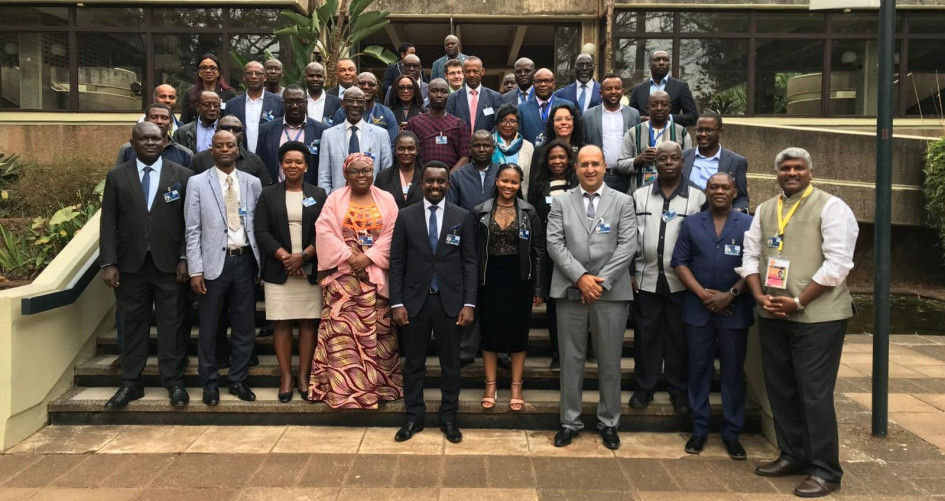UN Climate Change through its Regional Collaboration Centres (RCCs) for East and Southern Africa as well as West and Central Africa, conducted a four-day workshop including a training on Article 6 of the Paris Agreement and a regional Dialogue on Carbon Pricing. These events were held on the margins of the Africa Climate Week 2023, from 4-7 September.
The event brought together many participants, spanning from Article 6.4 Designated National Authorities (DNAs), UNFCCC National Focal Points and Clean Development Mechanism (CDM) DNAs, to a few members of the CDM Executive Board and Article 6.4 Supervisory Body and observers. Participants learned about carbon pricing, Articles 6.2 cooperative approaches and the Article 6.4 mechanism.
Benefits of the event
In particular, the training clarified what these approaches are and emphasized how they differ - and included information on participation requirements. In addition, the training provided an overview of the different ways in which countries can cooperate under article 6.2 to achieve their Nationally Determined Contribution (NDC) targets, information on the roles and responsibilities of Article 6.4 DNAs and an outlook on the CDM transition to the Article 6.4 Mechanism.
The dialogue on carbon pricing covered the need for countries to assess key stakeholders to take their concerns into consideration during the decision processes to avoid pushbacks, identify priority sectors, define implementation pathways, and revenue redistribution or recycling.
A key module of this training allowed countries to share their hands-on experiences and lessons learned in establishing their Article 6.4 DNAs, developing their national strategies and engaging in cooperative approaches. Participants widely acknowledged that involvement in the CDM generated a lot of lessons and experiences in terms of infrastructure e.g., CDM DNAs which would contribute to enable countries to participate in the Article 6.4 mechanism.
Cooperative approaches: takeaways
Some of the key points highlighted by participants include:
- Applying a "traffic light" system i.e.:
- green for high mitigation projects for which investment costs are high, hence potentially leading countries to require external support (considered as high hanging fruits);
- yellow for medium mitigation projects for which investment costs are at a medium level: these can be financed through internal resources or external depending on the nature and technology level; and
- red for mitigation projects for which investment costs can be covered with internal resources and can contribute directly to the Party’s own NDC. In other words, projects with low-cost mitigation costs but with high potential emission reduction volumes (low hanging fruits).
- This will allow Parties to define activities to prioritize in their cooperation, which also safeguards against selling their "low hanging fruits": those are needed to meet NDCs’ targets.
- Having tools in place to track Internationally Transferred Mitigation Outcomes (ITMO) transactions to avoid overselling or double counting, including ensuring transparency.
- Levying fees/share of proceeds from the cooperative approach towards adaptation or raising ambition by ensuring that the generated revenue is invested in mitigation activities outside the NDCs.
- Building technical and legal expertise to internally scrutinize the cooperation agreements to guard against signing "lucrative" deals where investors prefer low-cost options.
A technical discussion led by Deutsche Gesellschaft für Internationale Zusammenarbeit (GIZ) and facilitated by The Federal Ministry for Economic Affairs and Climate Action concluded the event: it provided an overview of how countries can engage in the Voluntary Carbon Markets to support NDCs implementation. Participants emphasized the need to put regulatory frameworks and robust Monitoring Reporting and Verification systems in place to enhance the transparency of the generated units, ensure multi-stakeholder involvement in determining benefit sharing mechanisms in host Parties.

